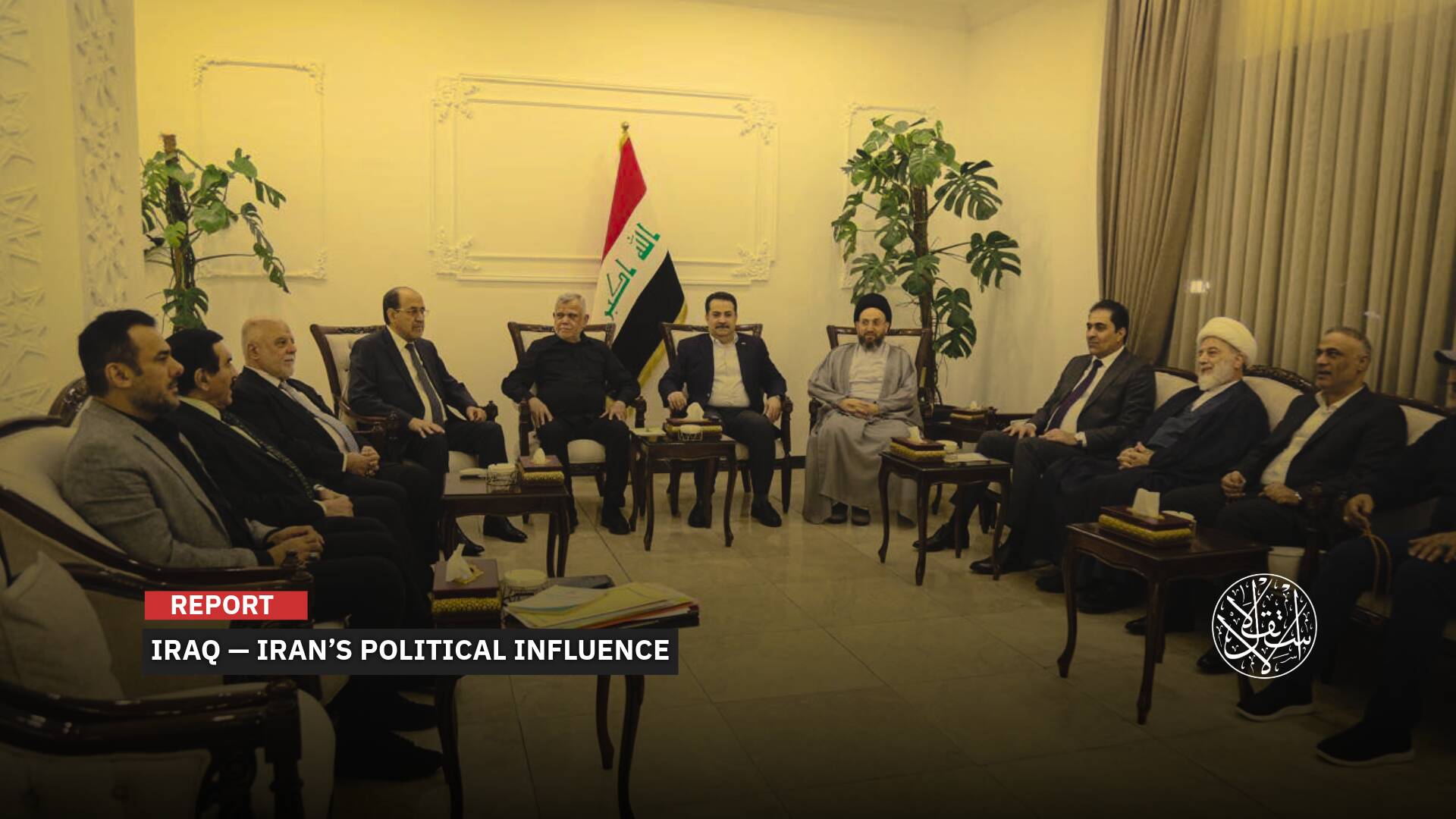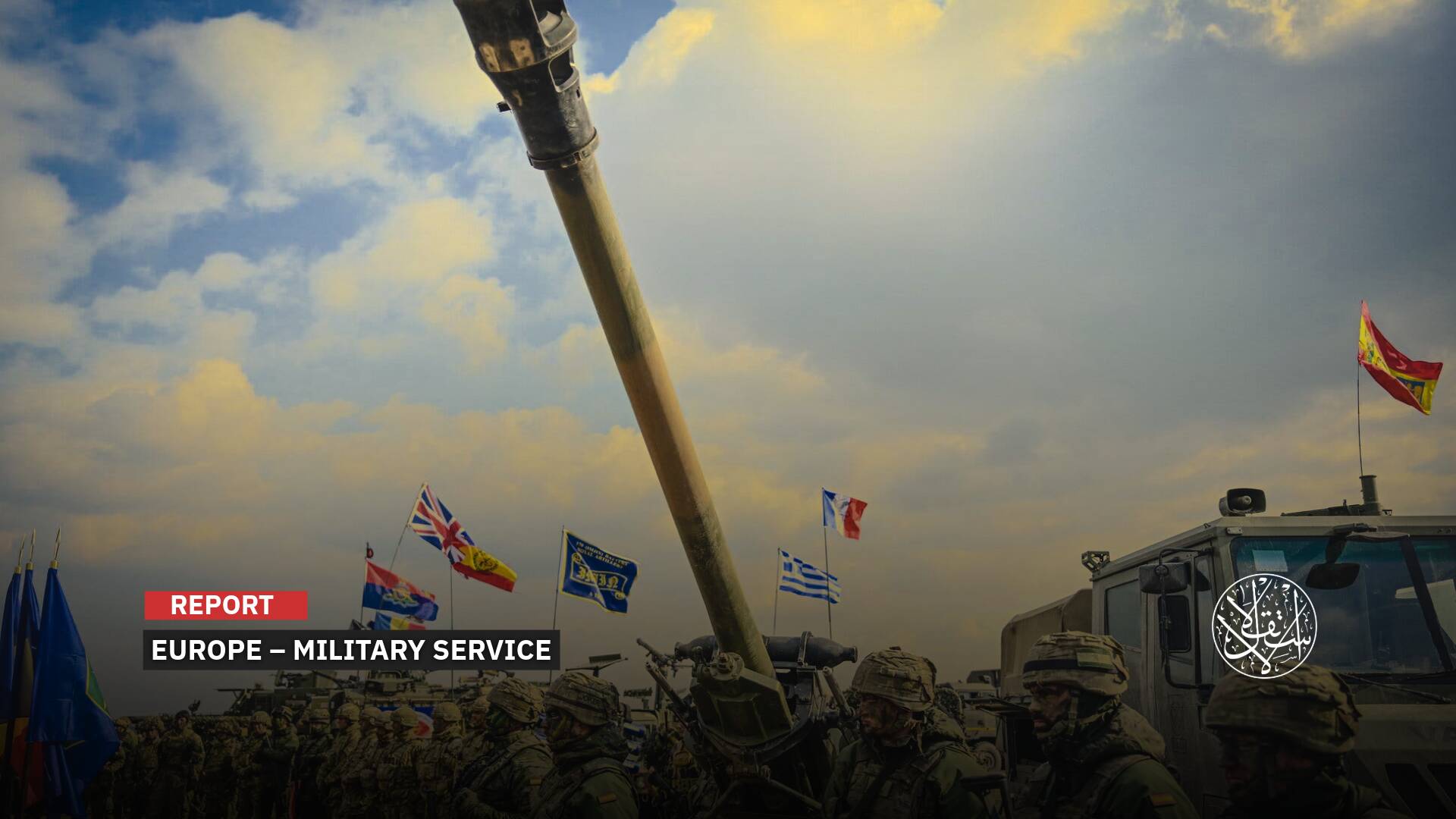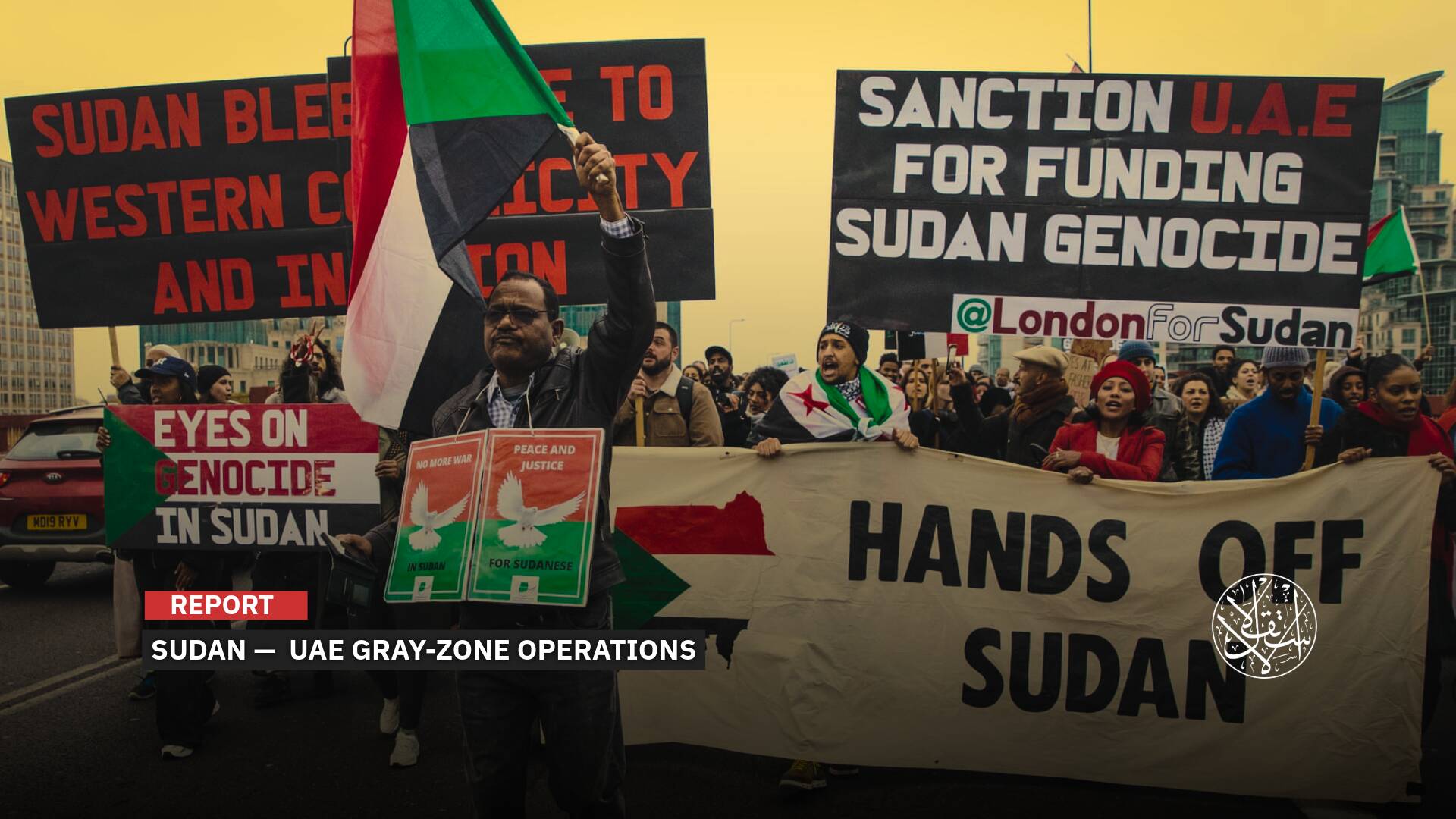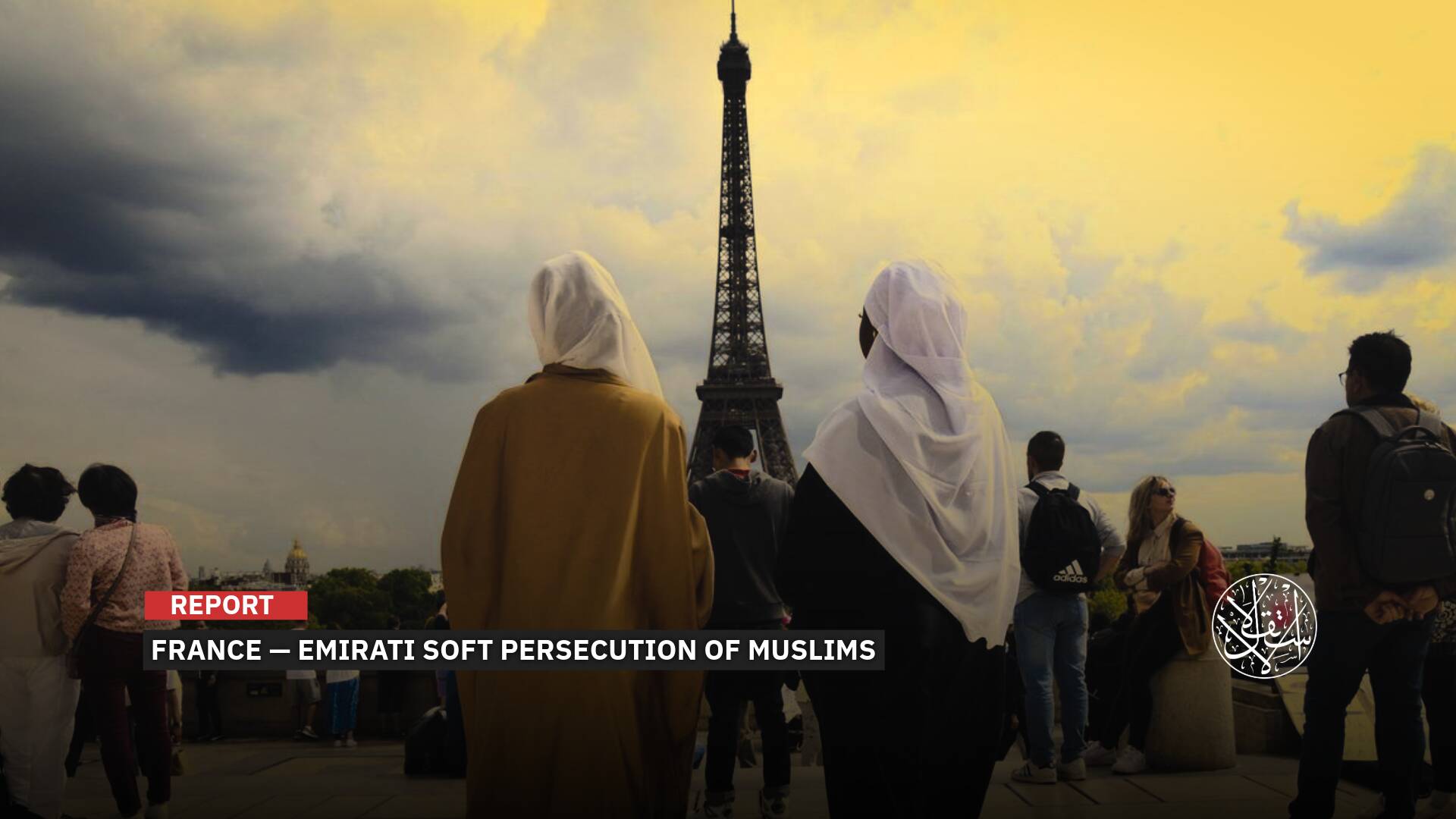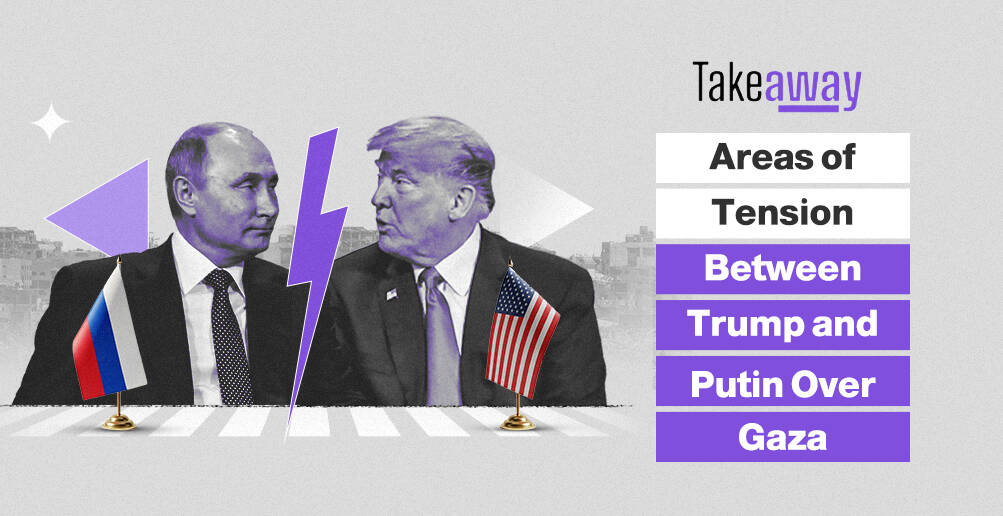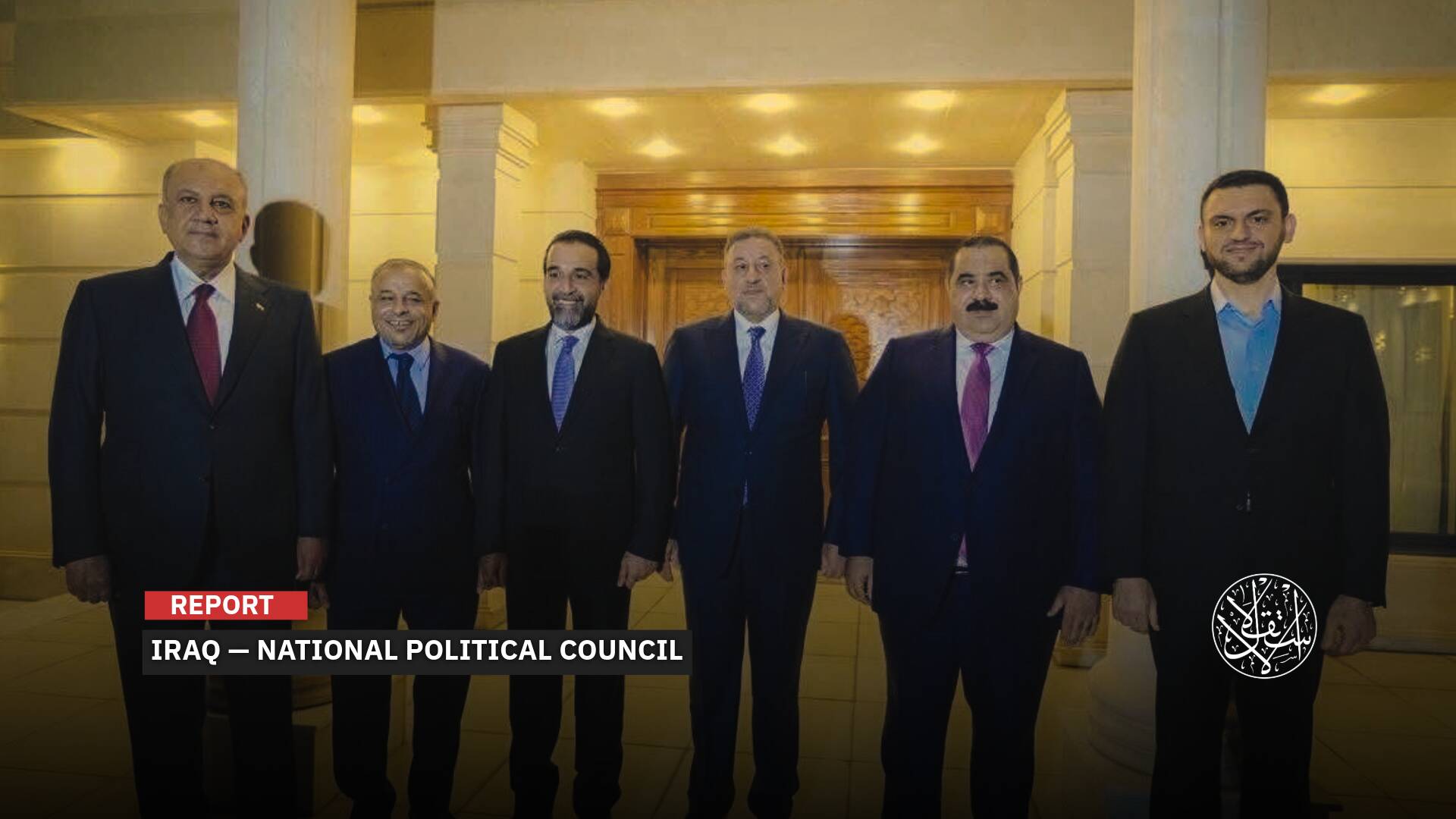Syrian Regime Uses ‘Arab Cover’ To Revitalize Its Trade With the World

The Syrian regime is sneaking through the back doors of Arab and international economies, taking advantage of a wave of normalization in relations with some Arab countries.
There are indications that some Arab countries are trying to integrate the economic institutions of Bashar al-Assad’s regime with their Arab counterparts in an attempt to re-network the regime’s commercial relations with the West.
New Networking
This started, for the first time in over a decade, with the participation of a delegation from the Syrian regime’s Chamber of Commerce, on March 15th, 2023, in the Arab–French Economic Summit titled A Partnership that Must be Consolidated in a Crisis-Ridden World, held in the capital, Paris.
Representing the Syrian Chamber of Commerce personally at the summit was a close associate of the regime’s leader, Bashar al-Assad, a Damascus Chamber of Commerce member named Musan Nahas, an industrialist.
Nahas previously chaired the Banks and Finance Committee at the Damascus Chamber of Commerce and is close to Iran, as he currently serves as the Secretary-General of the Syrian–Iranian Joint Chamber of Commerce.
In his speech at the summit, Nahas stated that his participation was due to an official invitation extended to Syria by the Arab Chambers of Commerce Union, considering this invitation as a significant turning point in the restoration of Syrian relations with the international community.
He added that “lifting the sanctions imposed on Syria is a humanitarian duty,” calling for their removal from Paris, which the Syrian Chamber of Commerce members have not visited since the outbreak of the Syrian revolution in March 2011.
On the sidelines of the summit, the Syrian regime delegation, which included the heads of the Chambers of Commerce in Damascus, Aleppo, Tartus, and Daraa, held several meetings with Arab delegations participating in the summit.

The Arab–French Summit was organized jointly by the Arab–French Chamber of Commerce, the Union of Arab Chambers, the Marseille Chamber of Commerce and Industry, and the International Chamber of Commerce.
Its agenda included five sessions on topics such as the environment, water, industry, modern urban projects, food, medicine, banking reform, and banking facilities.
The Arab–French Chamber of Commerce was established in 1970 under the presidency of Vincent Reyna, and its first summit was held in Paris four years ago to strengthen relations between the French capital and the major Arab capitals.
Delegates from Iraq, Libya, and the United Arab Emirates attended the 2023 event, sponsored by French President Emmanuel Macron, who expressed his opposition to any rapprochement with Damascus.
Among the speakers at the summit were Fabrice Le Sache, vice president of the Movement of the Enterprises of France (MEDEF), and Estelle Brachlianoff, chief executive officer of Veolia.
Prosthetic Arms
The presence of the Syrian Chambers of Commerce Union, the industrial and commercial arm of the Bashar al-Assad regime, at the recent French-Arab Chamber of Commerce summit in Paris, comes despite ongoing French rejection of rapprochement with Damascus.
However, the Syrian regime recognizes that the international sanctions imposed on it continue to be an obstacle to trade with other countries, which it is trying to circumvent amid the collapse of its economy and the restriction of its financial movement in accordance with the sanctions regime.
As a result, Assad’s representatives were able to conduct a fact-finding tour of the European market under an Arab cover, especially as they engaged in talks with French industry representatives in the Rue Bosquet in the 7th arrondissement of Paris.
It is noteworthy that the Assad regime has once again unleashed the Syrian Chambers of Commerce Union in this phase to achieve new results in revitalizing its economy, especially since this union is home to major businessmen and traders who are considered economic and financial giants in Syria and own huge factories and investments.

Most of these individuals have become close to Assad personally and his wife, and have become involved in what is known as the “war economy,” those who carried out operations to circumvent Western sanctions over the past years.
This became evident with the departure of Fares al-Shihabi, the head of the Aleppo Chamber of Industry, the economic capital of Syria, with the delegation to Paris.
Al-Shihabi is a businessman and one of the wealthiest industrialists and is considered Assad’s top man in Aleppo; he is one of those who supported the regime in its war against the Syrian people immediately after the revolution.
When Bashar al-Assad visited Moscow on March 14, 2023, in an official visit, which was his fourth to Russia since 2011, he met with Russian President Vladimir Putin, during which a comprehensive agreement was signed during the joint Syrian–Russian committee meeting.
The agreement included 40 specific investment projects (mentioned by Assad in the context of cooperation with Russia) in the fields of energy, electricity, oil, transportation, and housing, as well as in the industrial sectors. The Syrian Chambers of Commerce Union was entrusted with their implementation.
From here, it becomes clear the next role of the Syrian Chambers of Commerce Union in moving toward the West, taking advantage of the opportunity to restore some Arab countries’ relations with the regime, which is trying to help revive the old trade partnerships between Syria and European countries.
This is especially since the Syrian Chamber of Commerce Union has been given the task of implementing investment projects in cooperation with Russia, the regime’s ally.
Non-Investment Climate
It is worth noting here that economic relations between Syria and Russia increased by 7% in 2022.
However, the Assad regime’s ambition to partner with European companies is uncertain at least for now, and is seen as a “desperate and symbolic” attempt, due to the absence of a positive investment climate in Syria in the last decade, as observed by analysts.
Despite this, the Assad regime is attempting to exploit the opportunity presented by certain Arab countries opening their arms to revive its economy, in order to become financially independent, even if it means utilizing the so-called soft economic power represented by businessmen.
Therefore, the regime took a preemptive step in this regard when it formed a committee to supervise joint Syrian business councils with the world in August 2022.
Given these circumstances, the prospects for economic recovery in Syria appear weak in light of the escalating U.S. sanctions and the financial collapse of the Syrian pound.

However, the main objective of the Assad regime is to stay afloat by expanding its circle of circumventing the sanctions imposed on it, which require compliance with the political solution demanded by Western countries, something that the regime rejects, thus hindering all international efforts to achieve it.
UN Resolution 2254, issued in 2015, is the foundation for a solution in Syria, but it remains unimplemented, and none of the four stages of the political process have been achieved, namely: the transitional government, the constitution, the elections, and the fight against terrorism.
Consequently, the current economy in Syria is a “war economy,” and the country is not attractive to foreign investment. Therefore, achieving viable investment, industrial, and commercial figures, which the Assad regime aspires to, is not available.
The Syrian regime’s economy has been hit by a series of shocks, mainly since 2019. The first was the collapse of the Lebanese financial system represented by the crisis of Lebanese banks, which created a liquidity crisis that prompted Bashar al-Assad to admit to the existence of around $60 billion held in Lebanese banks for businessmen close to him.
The Syrian regime depends 70% on external aid, and it has also been affected by the global economic contraction caused by the COVID-19 pandemic.
Before the Russian invasion of Ukraine on February 24, 2022, which exacerbated its crisis, the war had already led to a rise in global fuel prices, causing the regime to be unable to secure oil supplies to operate its institutions and industries.
Weaving Relationships
In this context, the director of the Eqtisadi website, Younis al-Karim, confirms that “Paris’ invitation to the Assad delegation is not official, so its attendance cannot be considered as cooperation, but rather as a nomination from Arab chambers of commerce.”
Al-Karim added to Al-Estiklal: “It is noticeable that the Syrian regime has begun to crystallize its international flotation policy by relying on Arab relations as a Trojan horse to rebuild and weave its relations with the outside world.”
However, these relations are not political, especially since the European Union remains steadfast in its position of rejecting normalization with the regime and resuming communication with it, especially in light of the sanctions imposed on it since 2011, according to the Syrian researcher.
He pointed out that “the Syrian regime wants to build its relations from the weaknesses in the sanctions by dealing with international organizations and entities that are not subject to sanctions, considering them civil and concerned only with citizens’ affairs.”
Therefore, “the regime’s goal is to draw an international opinion that supports its vision for a political solution and that it is open to all solutions and ready for any Western communication to improve the living conditions of the Syrian citizen."
Al-Karim saw that “the regime benefits from several factors, including the moral aspect based on the idea of gaining international acceptance, which is slowly starting to break its isolation.”
The second is that the regime is trying to rebuild its relations with the former wealthy class in Europe and move its bank accounts and check its funds abroad to move economic relations.

“Arab countries suffer from severe economic collapse, with the exception of Gulf countries that we see changing their policies.”
For example, Saudi Arabia is moving away from free investments in Arab countries and is seeking sound investments in exchange for providing funds.
Therefore, “in the case of Syria, most of the investments there are under Russian or Iranian control, which may lead to a confrontation between them, and therefore it is not possible to enter into investments on the Syrian side,” according to the researcher.
Al-Karim pointed out that “investments in the capital, Damascus, are limited to the hands of Asma al-Assad, the wife of the regime leader, and who knows that removing her control from the economy is removing her power over the government.”
He added: “With Bashar al-Assad and his wife, no progress can be made with the Saudi side, economically, but it will be limited to some small donations that will not change the economic scene.”
If this happens, it will be at the behest of the United Arab Emirates to try to launch a political solution, but it will fail because the Syrian regime is not reformable with its current political and security structure, according to his estimate.
Sources
- Federation of Syrian Chambers of Commerce at the Arab-French Economic Summit in Paris [Arabic]
- Pro-Damascus Federation of Syrian Chambers of Commerce makes Paris comeback
- Fares Shehabi: It is easier to export Syrian clothes to Mars than to allied countries [Arabic]
- EXPLAINER: Why has Syria’s economic crisis hit a new low?


